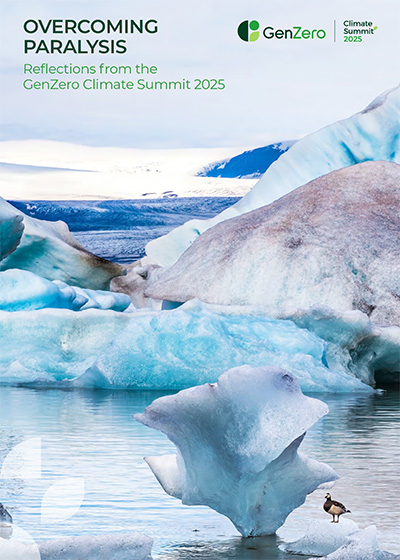To bridge the financing gaps in scaling up carbon markets, Singapore government agencies are mobilising more capital to support early-stage projects that require high upfront costs.
This includes a new donor-advised fund launched by the Singapore Economic Development Board (EDB) and TT Foundation Advisors (TTFA), the philanthropy advisory arm of Temasek Trust.
This was announced by EDB managing director, Jermaine Loy, at the GenZero Climate Summit Insights on Monday (5 May), the first day of Ecosperity Week 2025.
Managed by TTFA, the new fund will unlock capital from family offices and foundations for projects that generate high-integrity Article 6 carbon credits under EDB’s Carbon Project Development Grant. Article 6 of the Paris Agreement sets out how countries can pursue voluntary cooperation to reach their climate targets.
Speaking at the event held at the Sands Expo and Convention Centre, Loy noted a “strong momentum” as more private capital owners come onboard, and welcomed those who share the vision to join hands.








